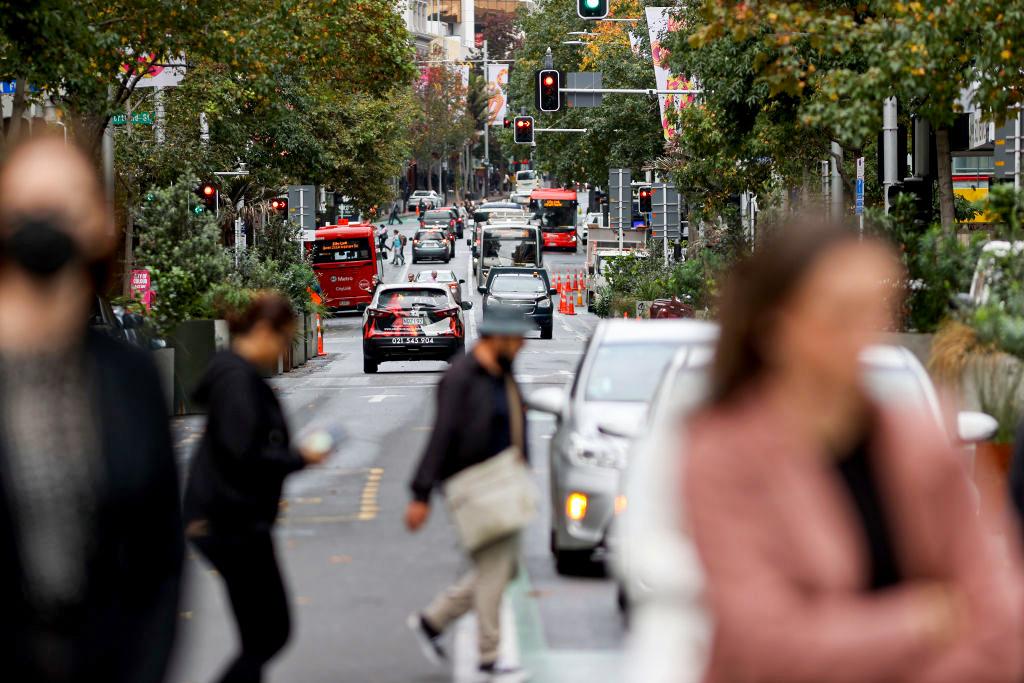In fulfilment of its campaign pledge to crack down on youth offending in its first 100 days, New Zealand’s new government said the first “boot camp” will begin operating by the middle of this year.
Announcing the move, Children’s Minister Karen Chhour said the National-led coalition was “committed to creating more tools to respond to the most serious and persistent young offenders. This includes the establishment of military-style academies and the creation of a new ‘young serious offender’ designation.”





